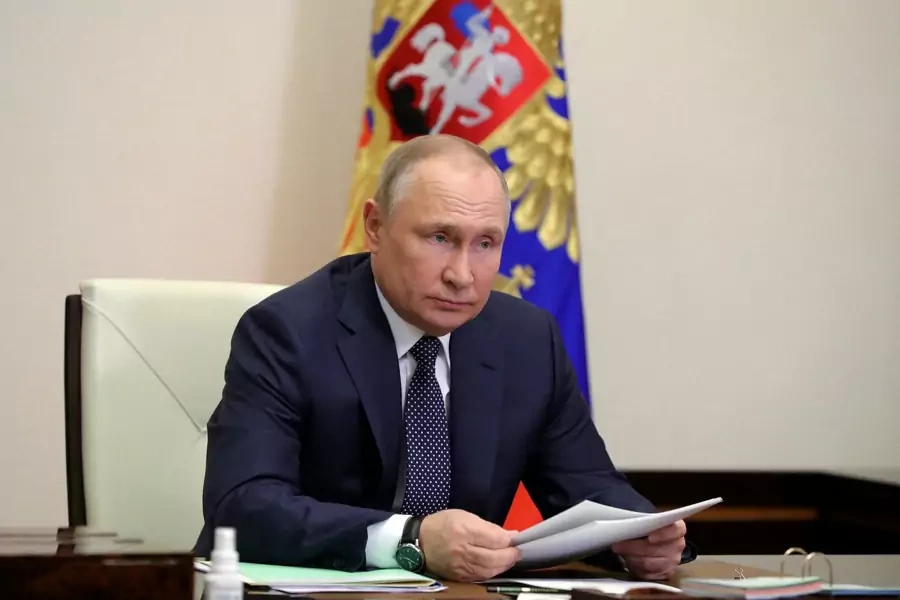How Putin Got the West Wrong

Vladimir Putin’s expectations for a quick victory with his “special military operation” in Ukraine have been dashed. He has pulled back Russian forces from Kyiv, put a new general in charge, and turned his focus to seizing all of the Donbas in eastern Ukraine. The Kremlin now admits what it once denied, namely, that it has suffered “significant losses of troops” in Ukraine. Meanwhile, Russia is now the world’s most sanctioned country, and Putin himself is increasingly denounced as a “war criminal.”
So how did a man who insisted that “risk must always be well-justified” get things so wrong? Ivo Daalder, former U.S. ambassador to NATO and now the president of the Chicago Council on Global Affairs, and I sought to answer that question for Foreign Affairs:
In part, he [Putin] clearly overestimated Russian military power and underestimated the Ukrainian resistance. But just as important was his misreading of the West. His long personal experience—observing the weak international response to Russia’s wars in Chechnya and Georgia, its annexation of Crimea in 2014, and its support for Syrian dictator Bashar al-Assad—convinced him that the West would abandon Ukraine. Given Europe’s concerns about Washington’s commitment to European security in the wake of both the Trump presidency and the Biden administration’s botched withdrawal from Afghanistan, he may also have anticipated that the invasion would divide the United States and its European allies, thus delivering a larger strategic victory than simply the installation of a puppet government in Kyiv.
More on:
Had Putin been a better student of how Western democracies have responded to vital threats to their security, he would have understood why these assumptions were wrong. True, one lesson of the past century is that Western democracies have frequently ignored emerging security threats, as many of them did in the lead-up to the two world wars, the Korean War, and the September 11 attacks. As the U.S. diplomat and historian George Kennan once put it, democracies are like a prehistoric monster so indifferent to what is happening around him that “you practically have to whack off his tail to make him aware that his interests are being disturbed.” But an equally important lesson of the past century is that when their tails are whacked hard enough, Western democracies react with speed, determination, and strength. For the United States and its European allies, Russia’s invasion of Ukraine—which in size and scope constitutes the largest use of military force on the European continent since 1945 and poses a direct threat to NATO territory—has provided just such a case.
You can find the full article here. The challenge now for the West is to sustain and deepen its newfound sense of cooperation. Unity at the start of a war by no means guarantees unity at the end of one. This is especially true when, as might well be the case with Russia’s war on Ukraine, the fighting could last for months if not years.
Margaret Gach assisted with the preparation of this post.
More on:
 Online Store
Online Store